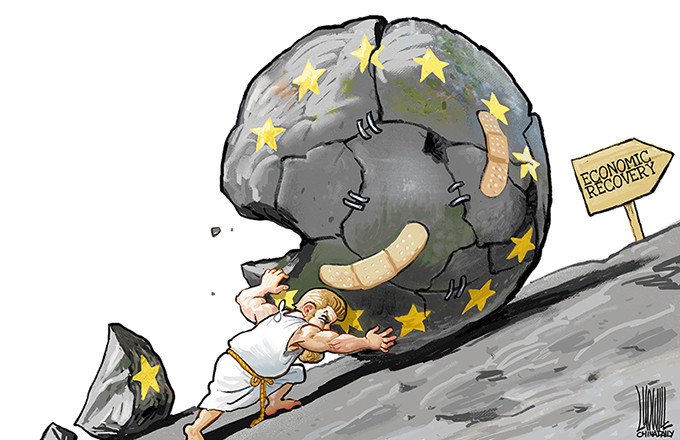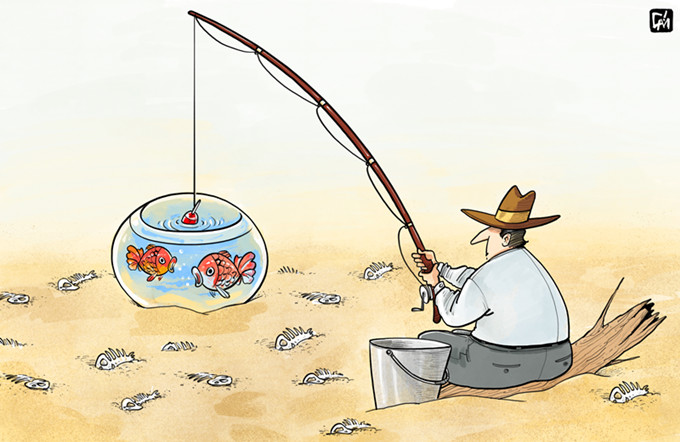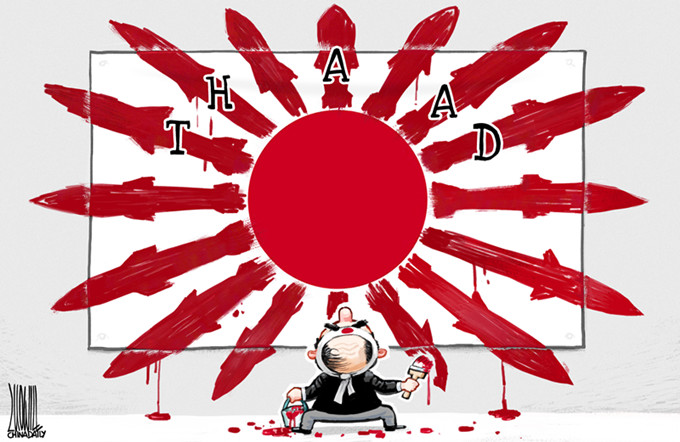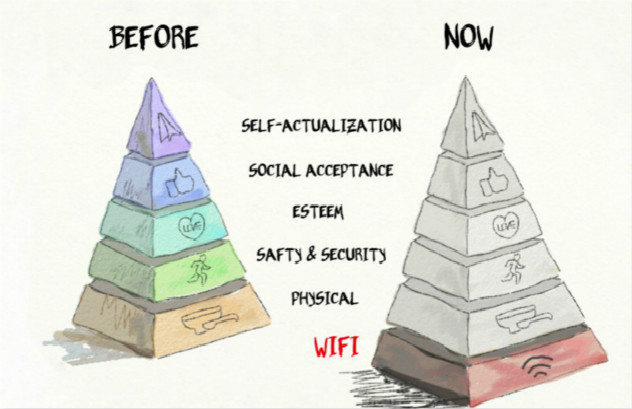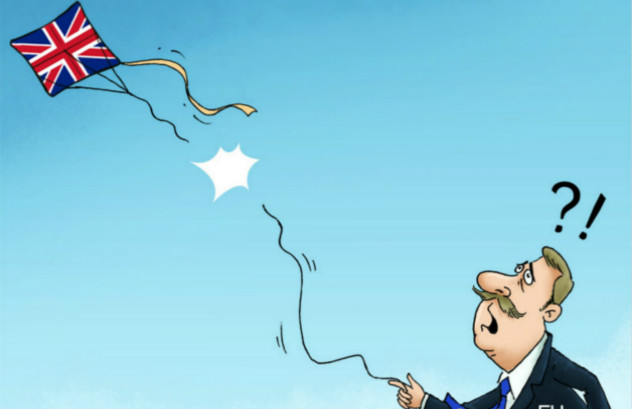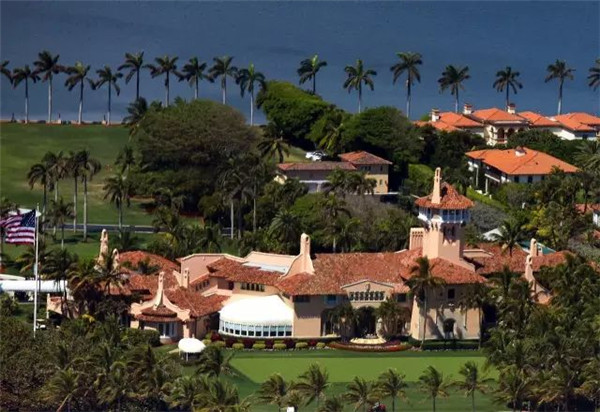Will elections change Pakistan?
A 10-party alliance poses a big challenge to an outright PPPP victory in rural Sindh. PPPP allies, the MQM in urban Sindh and the ANP in Khyber Pakhtunkhwa, too, face difficulties. But even if the MQM's share in the parliament shrinks, it is expected to remain a major factor in the formation of government in Sindh. The ANP, however, has little chance of retaining its position in Khyber Pakhtunkhwa. With its traditional support base in Khyber Pakhtunkhwa and Baluchistan, Fazal-ur-Rehman of Jamiat Ulema-e-Islam (Fazal-ur-Rehman) is likely to remain an important player in the two provinces.
Thus it is likely that right-leaning parties, despite winning more seats, may not be able to form a decisive coalition. This would create an uncertainty after the elections in which a new alignment of the PPPP and some right-leaning parties may emerge, especially because the PPPP and its allies may gain a reasonable number of seats owing to the divide in right-leaning voters who support the PML-N, PTI, Jamaat-e-Islami or the JUI-F.
Rejection of former president Pervez Musharraf's papers and the subsequent trial proceedings against him, without any popular reaction, are evidence of his unpopularity in the country. Most Pakistanis believe that his policies are responsible for many of the troubles they face today. Some parliamentary resolutions demanding a change in Pakistan's foreign policy also reflect this popular thinking.
In this context, while terrorism will be a major issue in the elections, a policy entailing dialogue remains a popular discourse. Hence, parties that tend to agree to negotiate with the Taliban are more likely to win votes. This could also prompt the next Pakistani administration to reconsider its engagement with the United States and its role in the war on terrorism.
But it is not clear how much change will effectively take place in case the elections result in a hung parliament and a coalition government. Therefore, reconsideration of Pakistan's ties with the US - not a U-turn - is very much a possibility. This could have an impact on Pakistan's relations with other countries as well.
A greater interest in furthering Pakistan-China relations - which is a kind of consensus view in Pakistan - is certain. Building on the initiatives taken recently in regard to relations with Russia and Iran is also probable, though PML-N may not be so enthusiastic about it.
The chances of a real breakthrough with India, however, remain slim. The policy of dialogue will, nevertheless, continue because both the emerging parties, the PML-N and the PTI, strongly promote it.
On the domestic front, the economy in general and the energy sector in particular will be the main focus. But a considerable number of old corrupt parliamentarians would continue to pose a challenge in this regard.
Challenges apart, the replacement of a civilian government with another one in Pakistan - through a democratic process - itself indicates a journey toward change. As this journey progresses, it will usher in the desired change and, in the process, settle the issues that now seem like hindrances.
The author is director of Institute of Policy Studies, Islamabad.
(China Daily 05/09/2013 page9)




